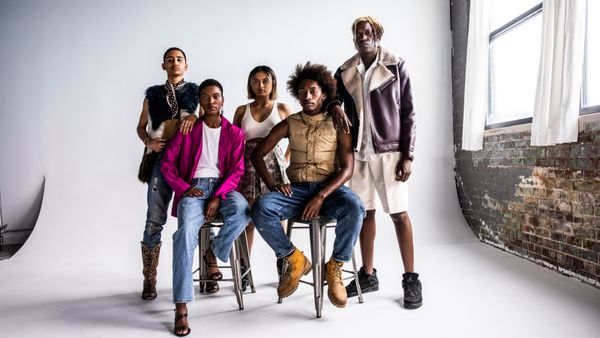Hormones are body chemicals that affect metabolism, growth, development, reproduction, and the body's stress-reaction. The onset of puberty is triggered by the brain, which starts the hormones flowing through the bodies of both boys and girls. The first stage of hormonal reactions starts when the hypothalamus releases a hormone called gonadotropin-releasing hormone (GnRH). This hormone, in turn, signals the pituitary gland, an endocrine gland the size of a pea at the base of the brain, to release luteinizing hormone (LH) and follicle stimulating hormone (FSH). These are the hormones that start the process of sexual development, and they go to work differently in boys and girls. Male and female hormones start the process that leads boys and girls into adolescence and sexual maturity, with all the physical and emotional changes and challenges that puberty represents.
The two hormones, LH and FSH, are responsible for production of testosterone in boys. Testosterone is the male sex hormone produced in the testes. Blood levels of testosterone in boys rise during puberty, and this surge of hormone levels is responsible for development of the male features: facial hair, pubic hair and muscle development. Testosterone stimulates the production of sperm, and is also responsible for the voice change in boys.
Advertisement
The two hormones released by the brain work differently in girls. They signal the ovaries to produce the female sex hormones, estrogen and progesterone. The female hormones are responsible for the development of breasts in girls and the curvier shape that women have compared to men. During the menstrual cycle, estrogen levels rise for 14 days; then progesterone levels rise for another 14 days. When the level of progesterone falls, menstruation begins. The growth spurt in puberty for both males and females is caused by an increase in the secretion of growth hormone, and levels rise during puberty.

